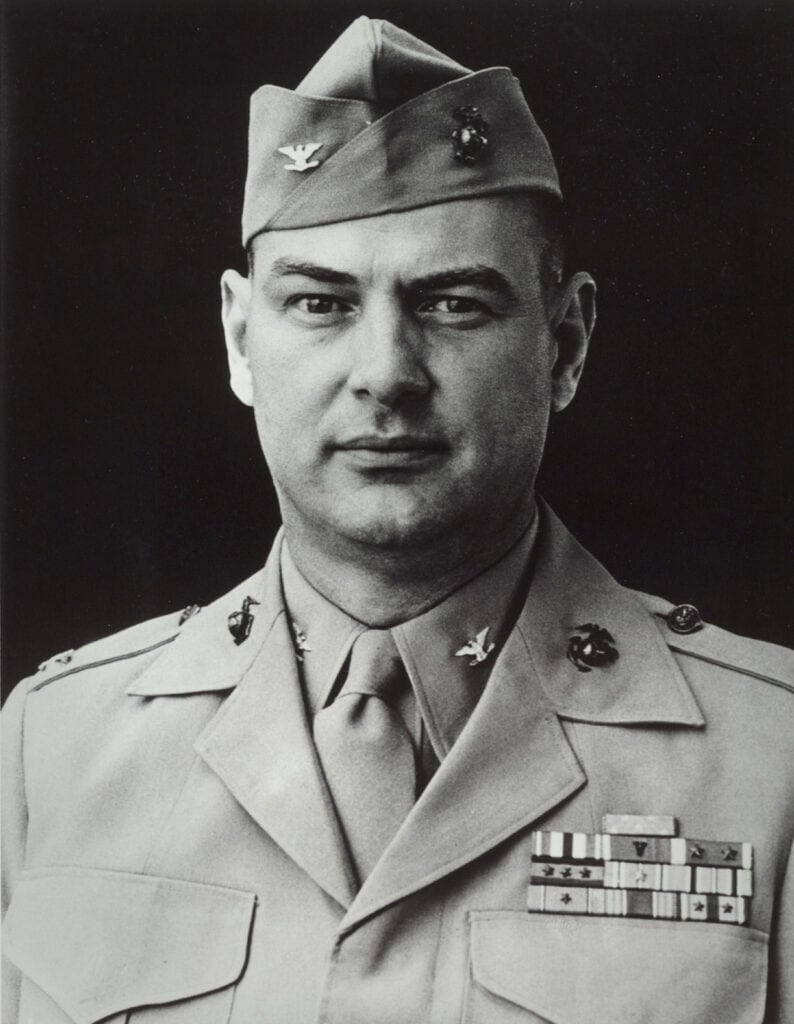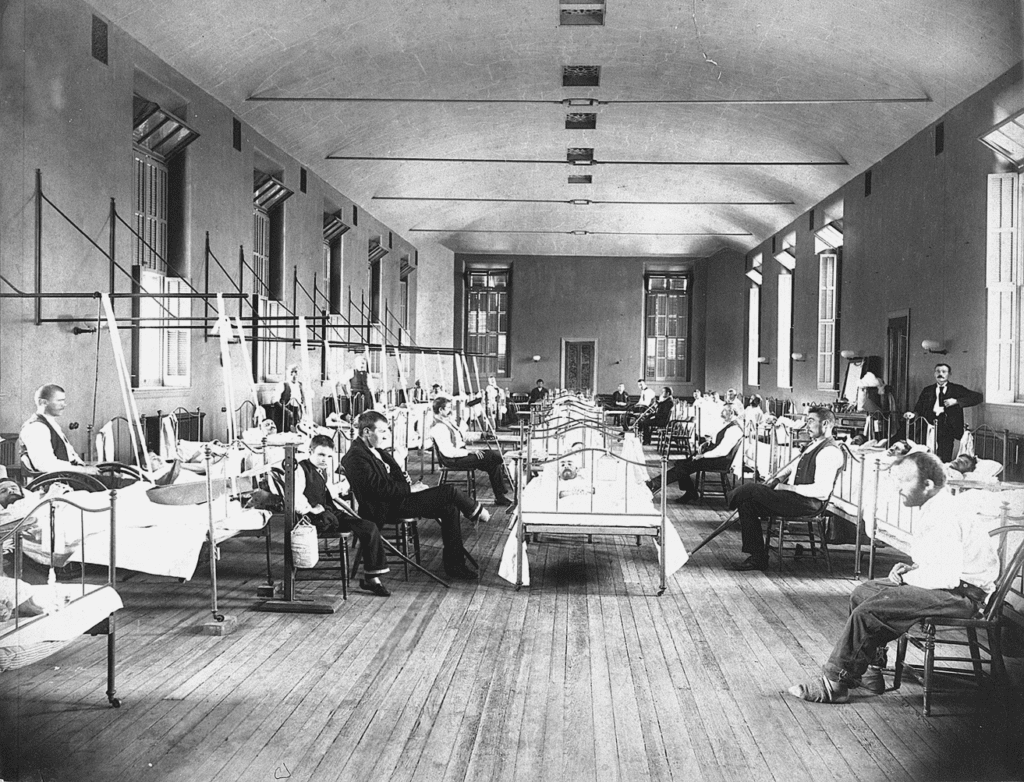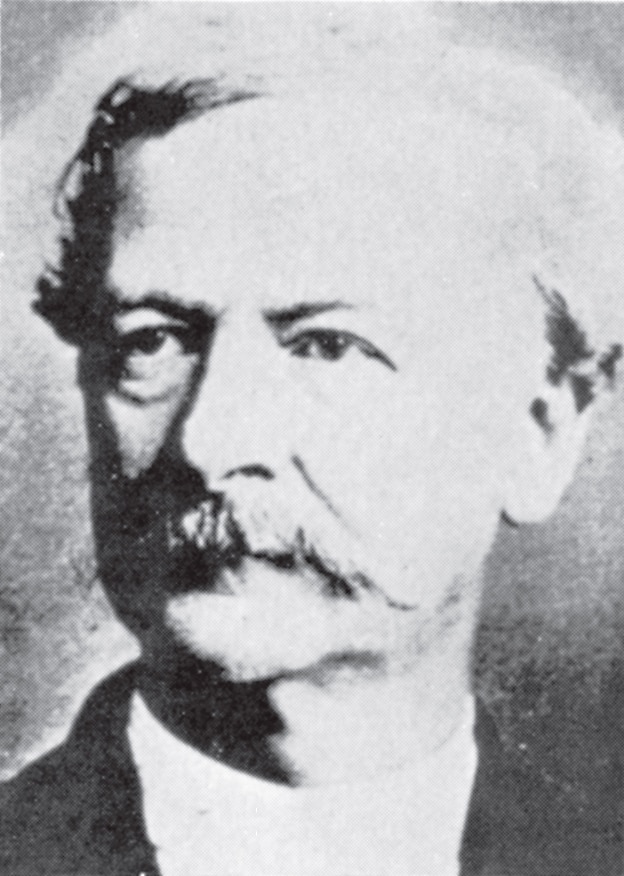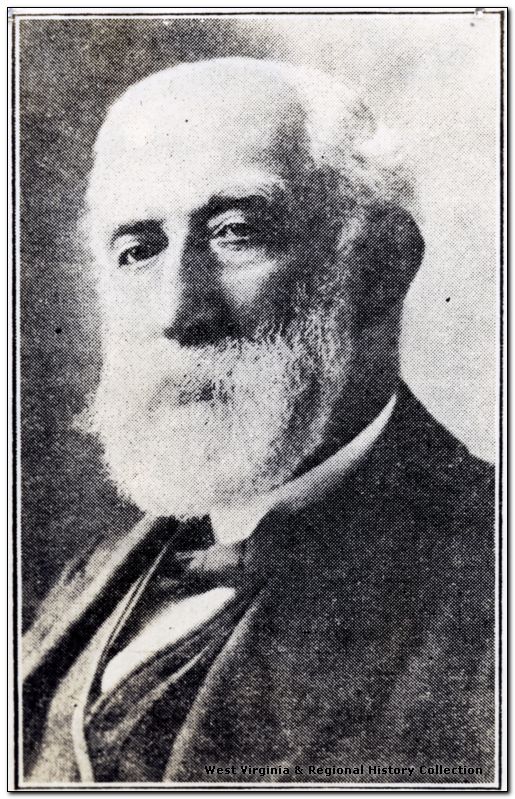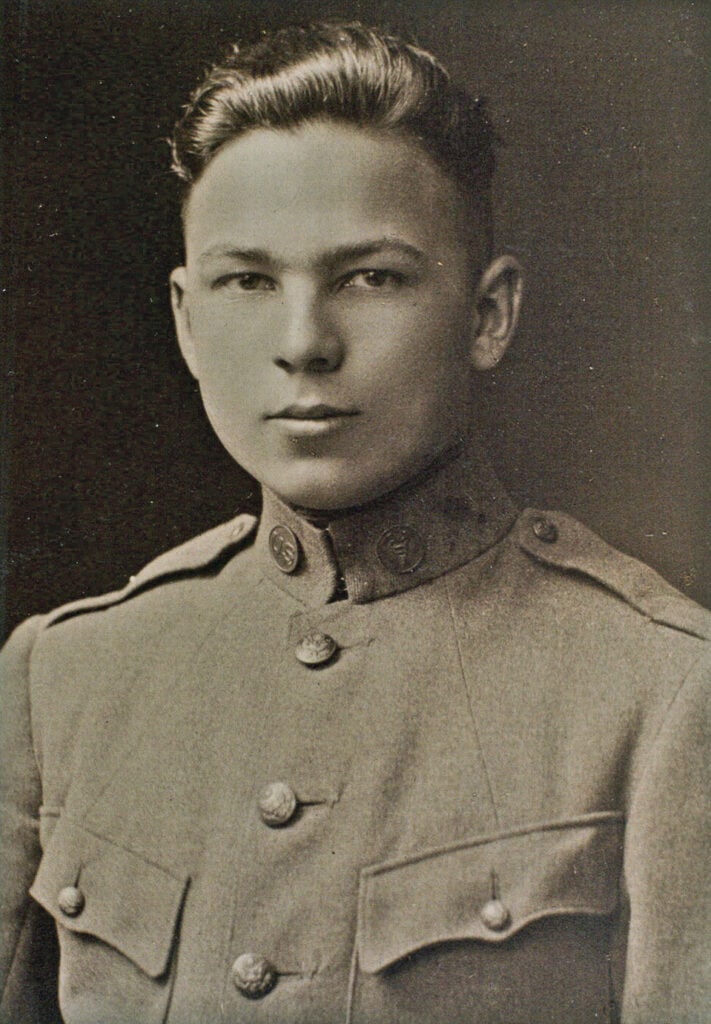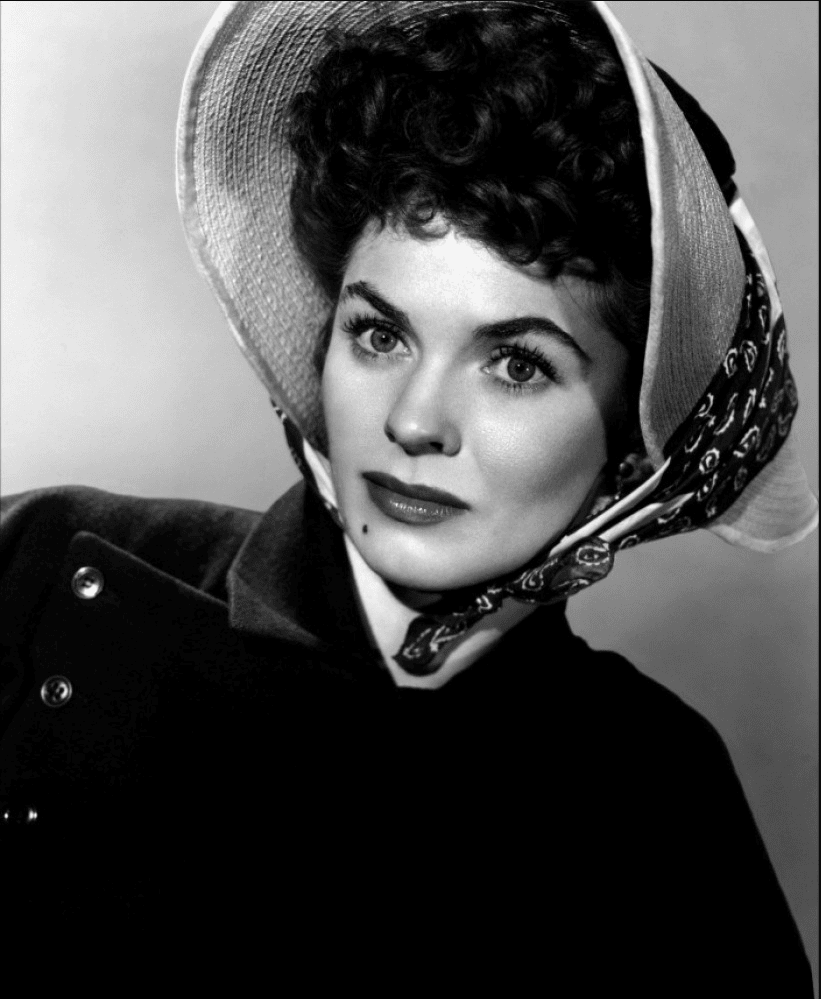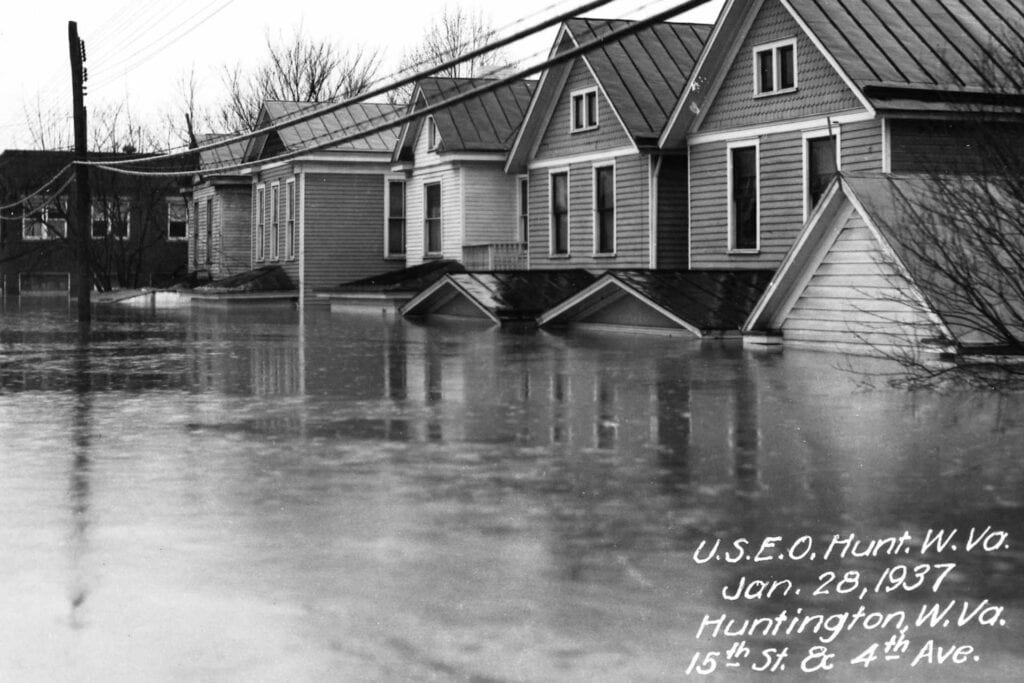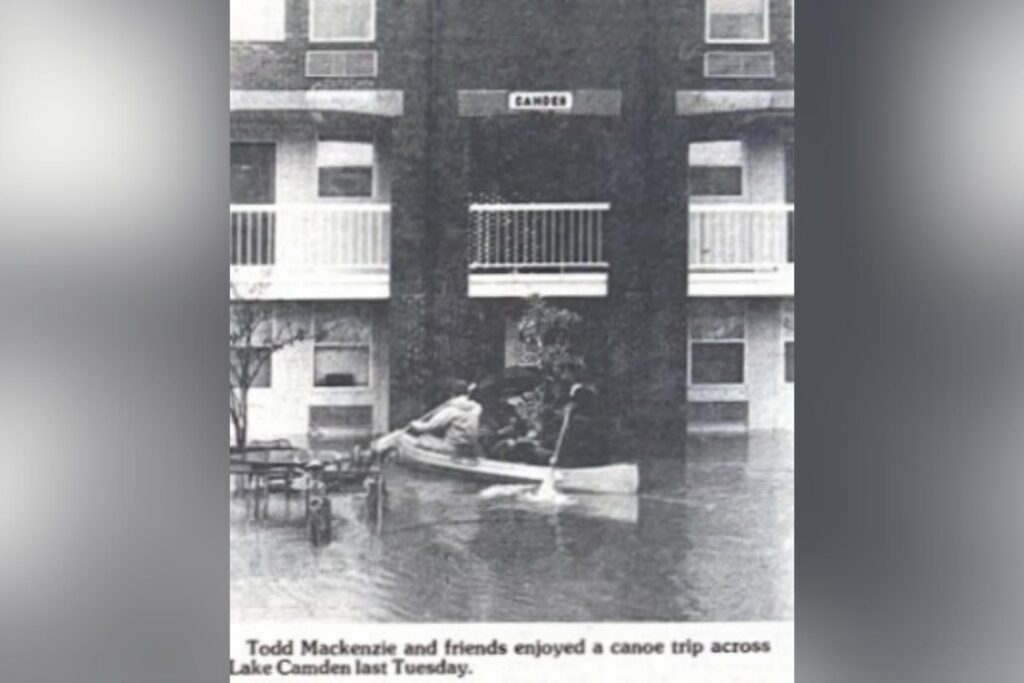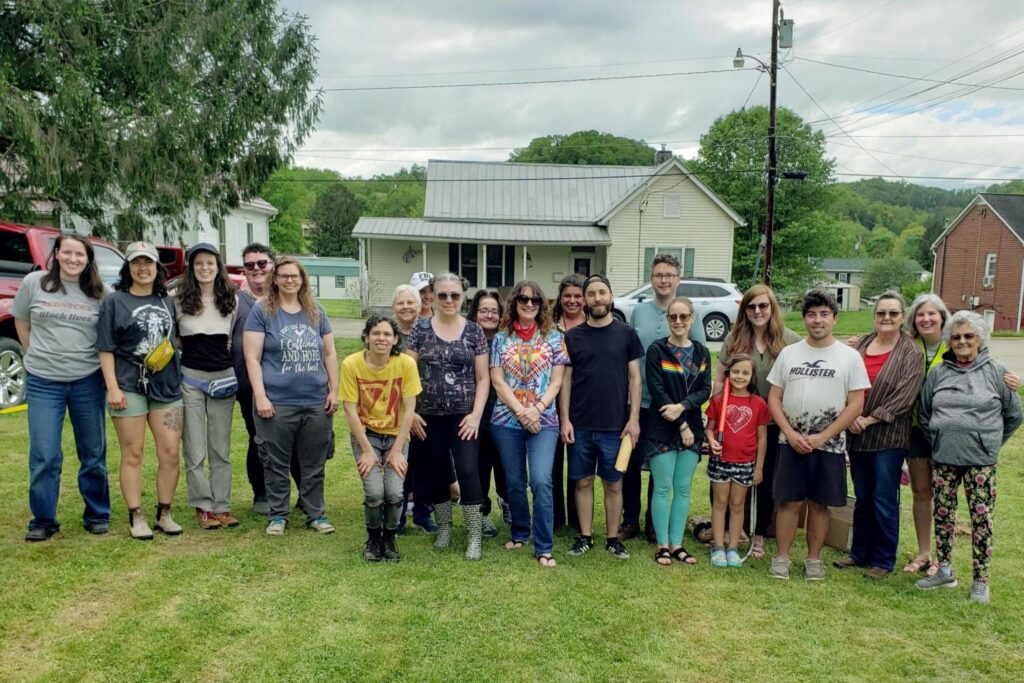Charleston WV – The following events happened on these dates in West Virginia history. To read more, go to e-WV: The West Virginia Encyclopedia at www.wvencyclopedia.org.
Jan. 28, 1902: Miners Hospital No. One opened at Welch, with a young Dr. Henry Hatfield as president. The legislature had passed a law requiring state hospitals for those engaged in dangerous occupations, and eventually three hospitals for miners were built in different sections of the state.
Jan. 28, 1937: In a flood that drove a million Ohio Valley residents from their homes, the Ohio River crested at Huntington at 69.45 feet, more than 19 feet above flood stage. By the time the water receded, five people were dead, and the city was in ruins. Parkersburg, Ravenswood and Point Pleasant also were badly damaged.
Jan. 29, 1903: The great rhododendron was designated the official state flower of West Virginia, after being recommended by the governor and voted on by public school schools.
Jan. 30, 1818: Nicholas County was created by the Virginia legislature from parts of Greenbrier, Kanawha and Randolph counties. The county was named for Wilson Cary Nicholas, a Virginia governor and U.S. senator who lived from 1761 to 1820.
Jan. 30, 1895: Mingo County was created from the southern part of Logan County. Mingo is the youngest county in West Virginia.
Jan. 31, 1878: Educator William Woodson Trent was born in rural Nicholas County. He served as state superintendent of schools from 1933 until 1957.
Jan. 31, 1922: Movie and television actress Joanne Dru was born Joan Letitia Lacock in Logan. Her movie career included more than 40 films. Her brother, singer and TV host Peter Marshall, is also a West Virginia native.
Jan. 31, 1945: Sergeant Jonah Edward Kelley of Mineral County was killed in action while leading his squad against German positions during World War II. He was awarded the Medal of Honor for his “superb courage.”
Feb. 1, 1832: Education reformer Alexander Luark Wade was born. Wade reorganized rural Monongalia County schools to require progress through eight prescribed levels with a graduating exercise and receipt of a diploma. Wade’s system worked so well it was copied in other counties and states.
Feb. 1, 1901: Frank Buckles, the last surviving American veteran of World War I, was born in Missouri. Buckles purchased a farm in Charles Town in 1954 and continued to live there until his death in 2011.
Feb. 2, 1908: Justice Marion Chambers was born in Huntington. Chambers was awarded the Medal of Honor for his actions in the World War II Iwo Jima campaign in February 1945.
Feb. 3, 1825: Confederate General William Lowther Jackson was born in Clarksburg. He was one of at least three Southern officers to bear the nickname “Mudwall.”
Feb. 3, 1845: Gilmer County, located in the heart of West Virginia, was established from parts of Kanawha and Lewis counties. It was named for Thomas W. Gilmer, a governor of Virginia.
Feb. 3, 1923: Broadcast announcer Jack Fleming was born in Morgantown. He was the long-time “Voice of the Mountaineers.”
Feb. 3, 1961: The West Virginia legislature passed a resolution adopting “The West Virginia Hills” as an official state song. Prior to “Take Me Home, Country Roads,” “The West Virginia Hills” was the best-known of our four official state songs.

